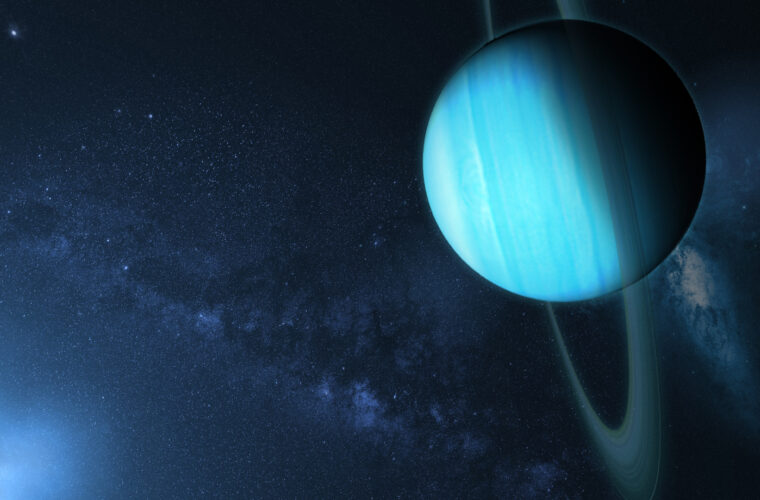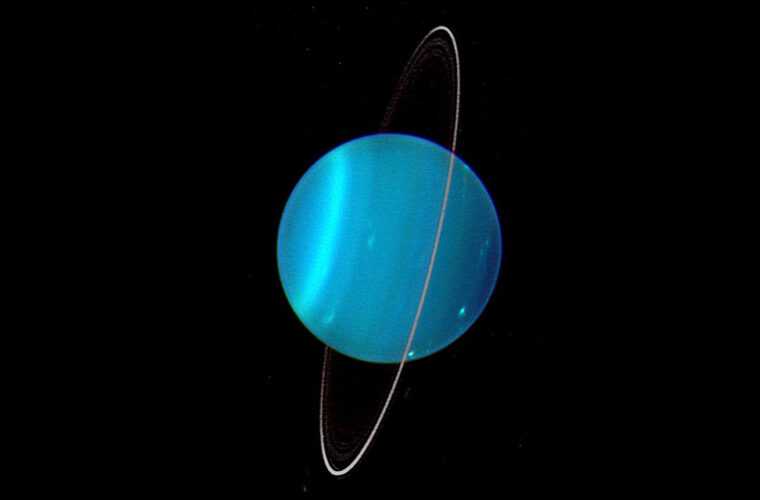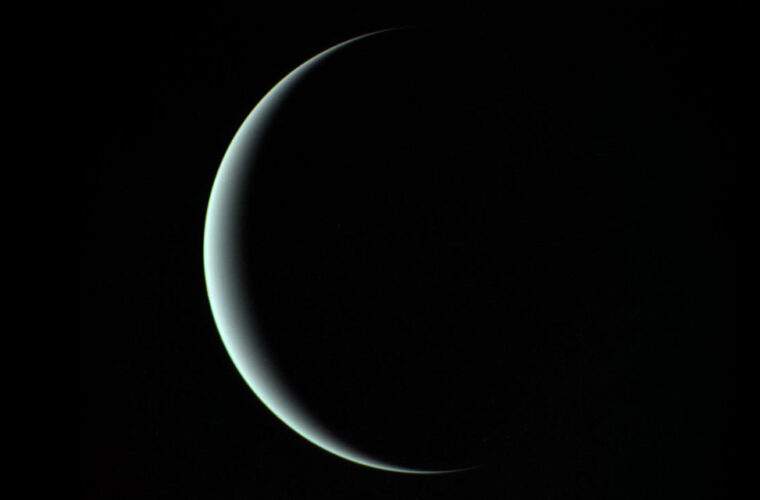Uranus in Astrology
Ουρανός (Ouranós)
Uranus, the god of the sky and heavens in Greek mythology (Caelus in Roman mythology), is the first planet beyond the visible sphere of Saturn in traditional astrology. It represents the first step outside of clear boundaries and disruption of the structures and tradition of the planets inside its orbit. It is the only planet in our solar system with a horizontal axis, thus, it also represents the unconventional ideals, actions, and thoughts in astrology.
Uranus brings individual uniqueness, eccentricity, the unexpected, sudden changes, departures from social norms or authority, astrology and other non-conventional subjects, higher-thinking for the good of mankind, emotional detachment, risk, originality, flashes of intuition, brilliance, and technology or technological ability, space travel, and inclusion. Humanitarian and global efforts for the greater good are inspired by Uranus. It inclines one towards separation, freedom, and our own personal search for autonomy.
In the body, Uranus rules the circulatory system, the lower leg (under the knee down to the ankle), neural transmission, and telepathy. The placement of Uranus in the natal chart by sign, house, and aspect determines how the potential of how your uniqueness, quirks, and reaction to authority and social norms is expressed. On a personal level, Uranus indicates the need for separation, rebellion, and our personal search for independence. In non-natal charts (mundane, horary, etc.) it represents revolution, breaking the status quo, and sudden and unpredictable changes in trends. At its best, Uranus manifests as brotherhood, original thoughts, genius, and progressive actions. At its worst, it manifests as unfocused rebellion, spite, insanity, conceitedness, and negative disruption.
- Orbit:84 years
- Co-Rules: Aquarius
Atmosphere Composition
Planetary data according to NASA
Image Gallery
Click the image to view full size.




